• The initial consultation with one of our fertility specialists who will dedicate an entire session with no time limits for you to give context to the doctor about your case and ask questions. This consultation can be done either by telemedicine/virtual or present at the doctor’s office).
• Physical exam and transvaginal pelvic ultrasound.
• Short term follow-up consultation to discuss results of laboratory tests.
• Treatment options proposal.
• Financial counseling.
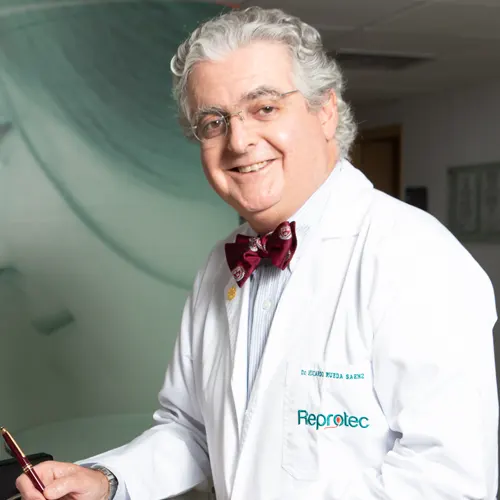
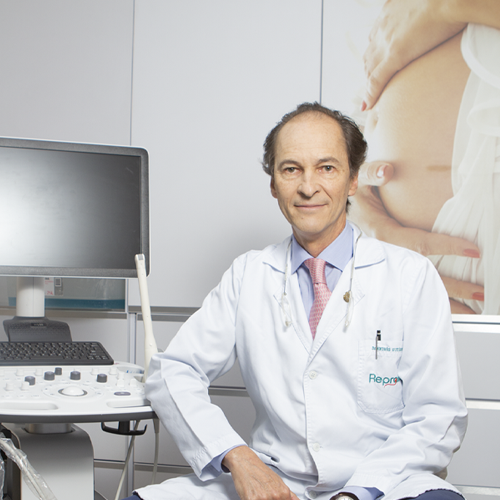
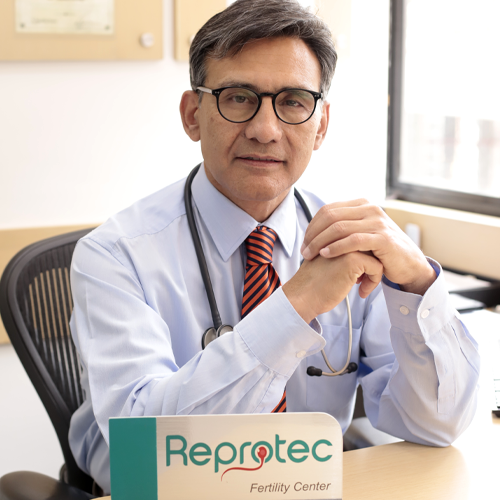
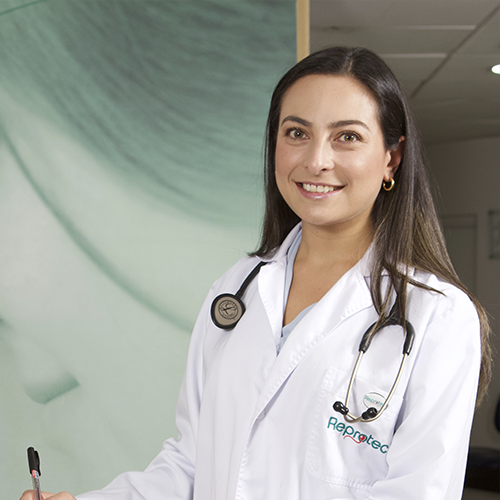
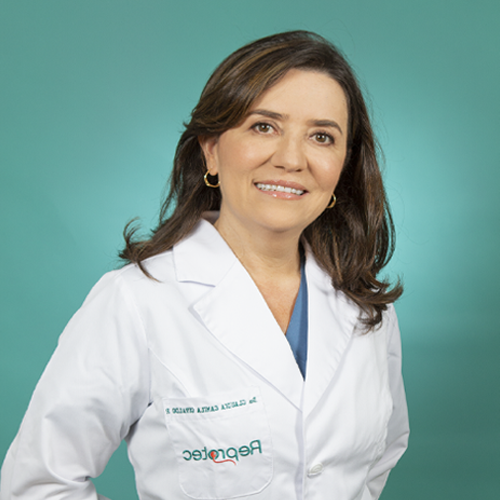
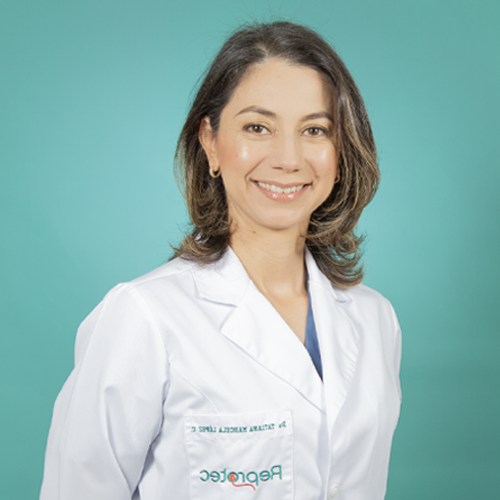
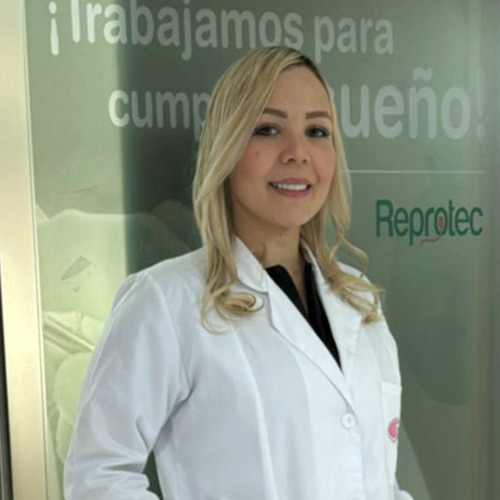
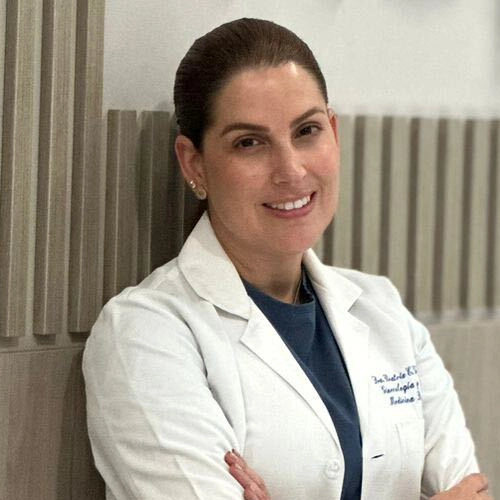


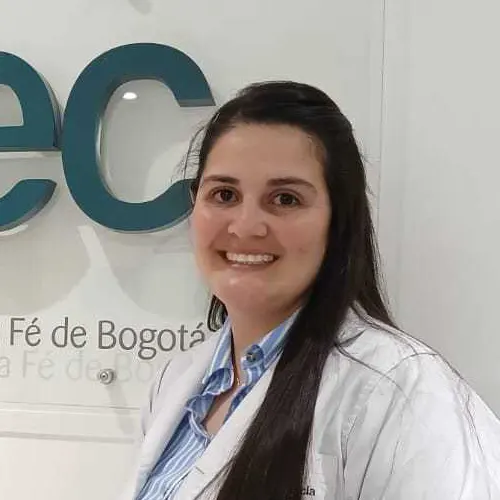
During this initial conversation, you will have ample opportunity to describe your story and mention any previous fertility treatments. Ask all the questions you may have to find explanations as to why you have not conceived naturally and what options can be offered to solve your subfertility. This first encounter is a golden opportunity to build an empathic and trusting relationship with the doctors on our team.
REPROTEC has a comprehensive team of specialists in Reproductive Medicine with subspecialty training in the most reputable centers of North America and Western Europe. They are the entrance gate to our fertility center and are in charge of carefully listening to your story, examining you, and designing a plan according to your individual needs with an empathic and at the same time, a scientific approach.
The length of time spent trying for a pregnancy, as well as the future mother’s age, are two of the most important parameters in order to establish a course of action and individualize the type of assisted reproductive treatment that offers the best success rates for you. This is why it is so important to be proactive in taking the first step as soon as possible.
The next step in your treatment process involves gathering more detailed information about you and your partner, if applicable, to complete your diagnosis. Typically, this begins with a single blood sample taken at REPROTEC right after your initial visit with the doctor. This sample allows the doctor to assess crucial hormonal levels, such as your anti-Müllerian hormone (AMH), which provides reliable information about your ovarian egg reserve.
Following this, we conduct a series of mandatory screenings for infectious diseases before starting any assisted reproductive treatments. This includes tests for hepatitis B and C, syphilis, and HIV.
For our international patients, we will provide you with a medical order so you can complete these tests in your home country. You can then email the results to us, and we will discuss them during your follow-up consultation.




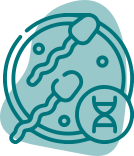
It is of prime importance that a fertility center offers a good quality andrology laboratory service with good technology and experience to obtain reliable results. Here is where the semen analysis is processed by one of our embryologists, an exam of great relevance because it gives valuable information about the contribution of the male partner to the couple’s subfertility. We need to remember that an alteration in the semen analysis can be present in about half of the cases of a couple’s infertility. Abnormal parameters initially assessed in this exam include: abnormalities in semen volume, sperm concentration, motility, vitality and morphology.
A transvaginal pelvic sonogram is indeed one of the most valuable exams done by the fertility specialist right at bedside during the first consultation. This exam gives the initial information about the pelvic anatomy with particular interest in the appearance of the uterus and ovaries. This exam is very important also during ovulation monitoring of the menstrual cycle, both during the natural patient’s cycle as well as during the process of ovulation induction and ovarian stimulation treatments.
Another very useful exam that can be performed is the saline infusion sonogram or sono-hysterography, to examine the uterine cavity and rule out abnormalities of the inner lining of the uterus/endometrium.
Finally, an X-ray exam called hysterosalpingogram has been traditionally used to evaluate uterine and fallopian tube patency. It is also normally scheduled during the first 5 to 7 days after menses and is considered a very reliable tool during the initial infertility work-up.
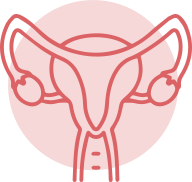

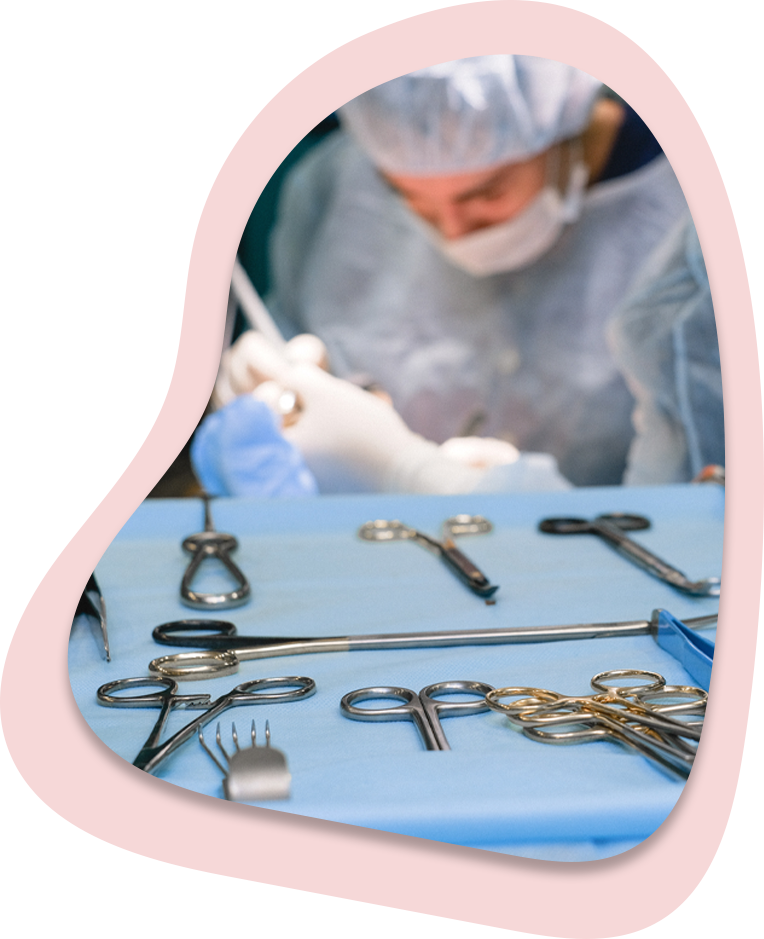

These procedures are usually performed under anesthesia in men where severe abnormalities are found in the concentration and quality of the sperm during the semen analysis. They are performed by our consultant urologists/andrologists and entail either an aspiration of the epididymis or the testicles, or the performance of microscopic dissection of the small seminal tubules of the testicles to retrieve sperm directly.
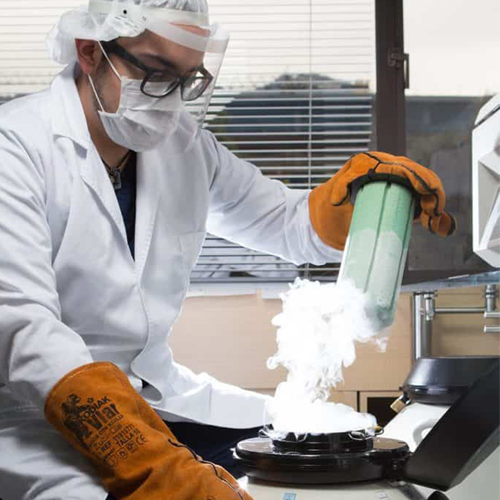
Today, there are accurate genetic tests that can reliably be performed on embryos between days 5 and 7 of development to detect chromosomal and genetic (monogenic) abnormalities before being transferred into the uterus. This allows for better selection of embryos in the laboratory, resulting in greater possibilities of a successful pregnancy and preventing the transmission of serious hereditary diseases. Among these tests, there are three main categories:
• PGT-A: preconceptional genetic testing for aneuploidy. This is an exam aimed to detect abnormalities in the number and shape of the chromosomes.
• PGT-M: preconceptional genetic testing for monogenic diseases. This exam is aimed to detect genetic abnormalities related to a mutation of a gene that can transmit a hereditary disease with different patterns of inheritance (risk of transmission).
• PGT-SR: preconceptional genetic testing for detection of structural abnormalities in the chromosomes.
To carry out these exams, an embryo biopsy is carefully performed in the embryology laboratory under the inverted microscope, where expert embryologists using precise laser beams take between 5 to 10 cells form the embryo to be analyzed in the genetics laboratory.
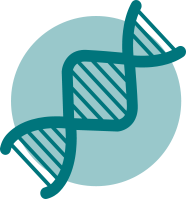
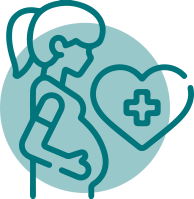
Today, unfortunately, many women are not able to conceive with their own eggs. This can be related to diseases that diminish the ovarian egg reserve or to advanced reproductive age. As a woman’s age advances, the number and quality of the oocytes decrease. Over the years, we have accumulated an advanced level of expertise in cryobiology that has allowed us to create an egg bank from healthy young egg donors, who are willing to altruistically and anonymously donate their eggs to couples dreaming of a healthy baby at home.
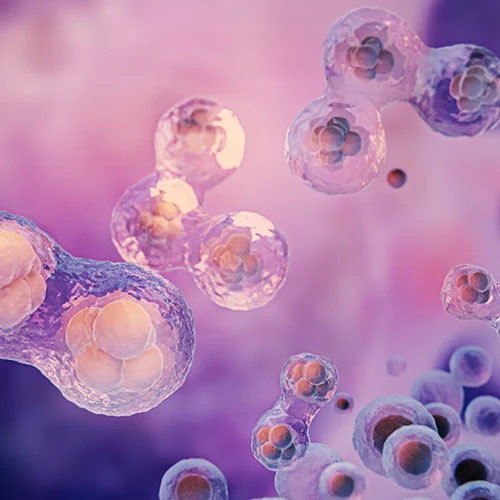

REPROTEC also offers a specialized pharmaceutical service where you can find all the medications to be used during your treatment at a convenient cost. In addition, it provides tutorials and training sessions on how to safely and reliably administer the medications during your fertility treatment. Our patients from abroad who are conducting their ovarian stimulation phase in our facilities can attend the clinic daily and receive support from our nursing staff.
Our patients from abroad conducting their ovarian stimulation phase in our facilities, can attend the clinic daily and be supported for our nursing staff.
